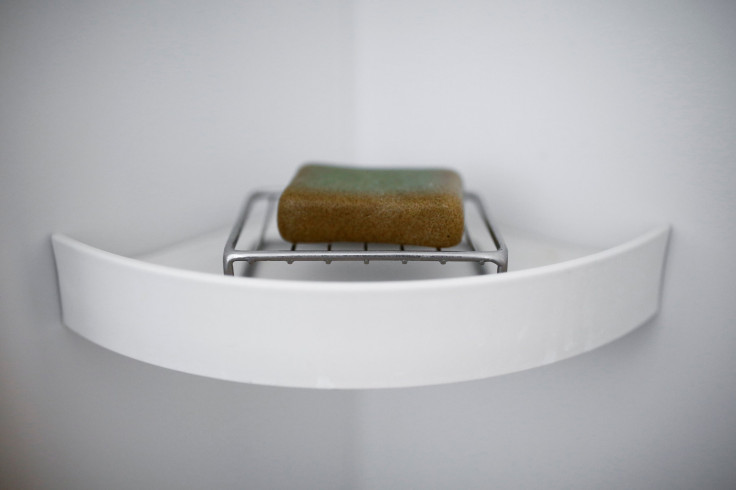Why Was Antibacterial Soap Banned? How To Get Clean Without Triclosan, Triclocarban

Those antibacterial soaps that you thought were saving you from infections and sickness probably don't really work any better than a normal scrubbing. That's according to the U.S. Food and Drug Administration, which announced Friday that soap companies have one year to take the so-called antibacterial ingredients out of consumer products.
Commonly used ingredients such as triclosan and triclocarban will have to be removed within that time frame, while there will be another year of negotiation for lesser-used ingredients like benzalkonium chloride. Some manufacturers have already reportedly started removing the ingredients from their products.
"Companies will no longer be able to market antibacterial washes with these ingredients because manufacturers did not demonstrate that the ingredients are both safe for long-term daily use and more effective than plain soap and water in preventing illness and the spread of certain infections," the FDA wrote in a statement.
Wide use of these products over a long time has raised the question of potential negative effects on your health. pic.twitter.com/RrESvJTl9a
— U.S. FDA (@US_FDA) September 2, 2016
The FDA also said there have been concerns about whether exposure to the soon-to-be-banned ingredients — triclosan in liquid soaps and triclocarban in bar soaps — could pose health risks, such as bacterial resistance or hormonal effects. A study in 2014 even suggested the chemicals accelerated the growth of tumors in mice.
"Consumers may think antibacterial washes are more effective at preventing the spread of germs, but we have no scientific evidence that they are any better than plain soap and water," Janet Woodcock, director of the FDA’s Center for Drug Evaluation and Research, said in a statement. "In fact, some data suggests that antibacterial ingredients may do more harm than good over the long-term."
Triclosan is reportedly used in more than 2,000, or 93 percent, of liquid soap products that are labeled "antibacterial" or "antimicrobial."
So, if no antibacterial soaps, what now? The FDA laid out the best way to stave off infections and illnesses.
"Washing with plain soap and running water remains one of the most important steps consumers can take to avoid getting sick and to prevent spreading germs to others," it recommended in the press release. "If soap and water are not available and a consumer uses hand sanitizer instead, the U.S. Centers for Disease Control and Prevention (CDC) recommends that it be an alcohol-based hand sanitizer that contains at least 60 percent alcohol."
© Copyright IBTimes 2024. All rights reserved.












